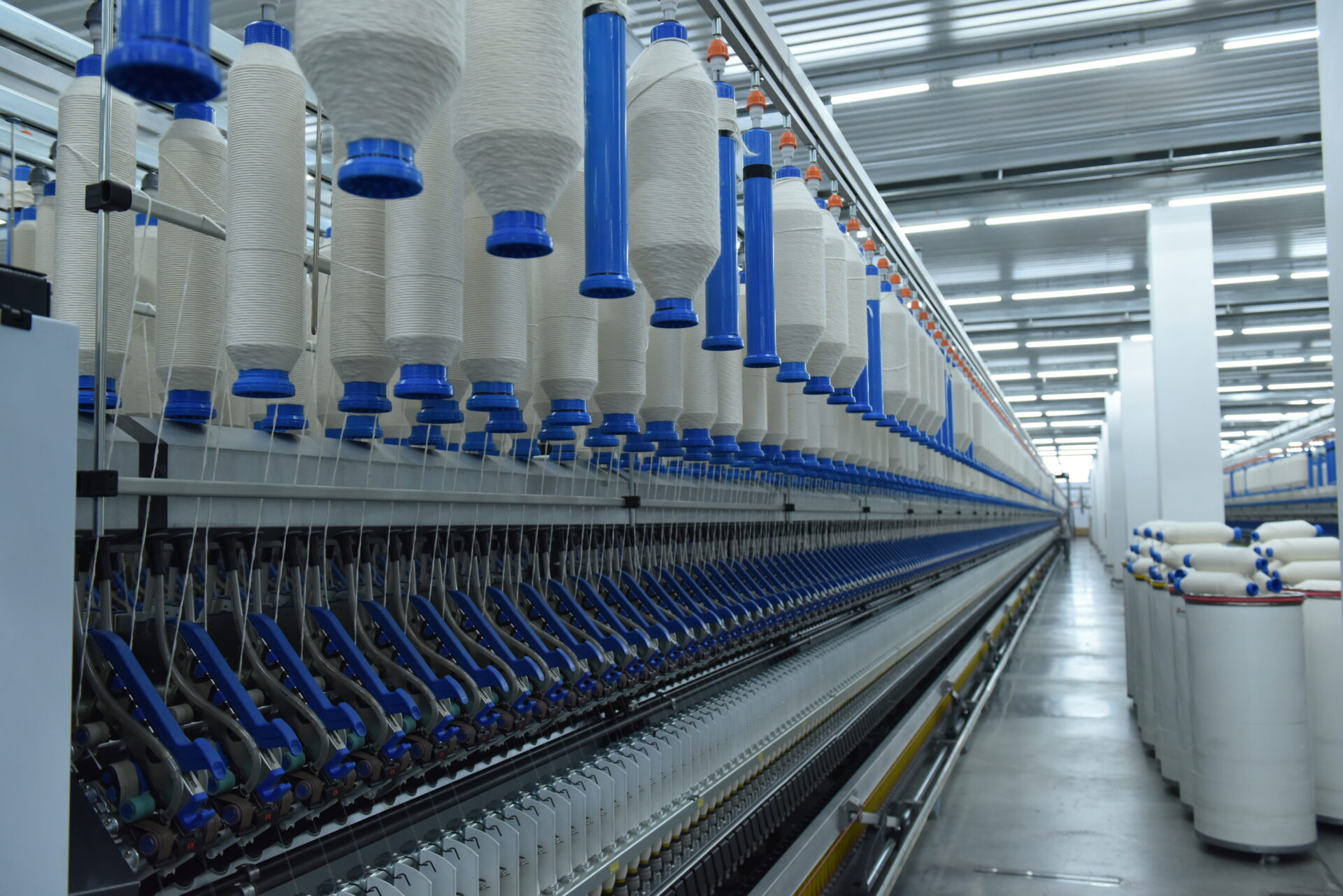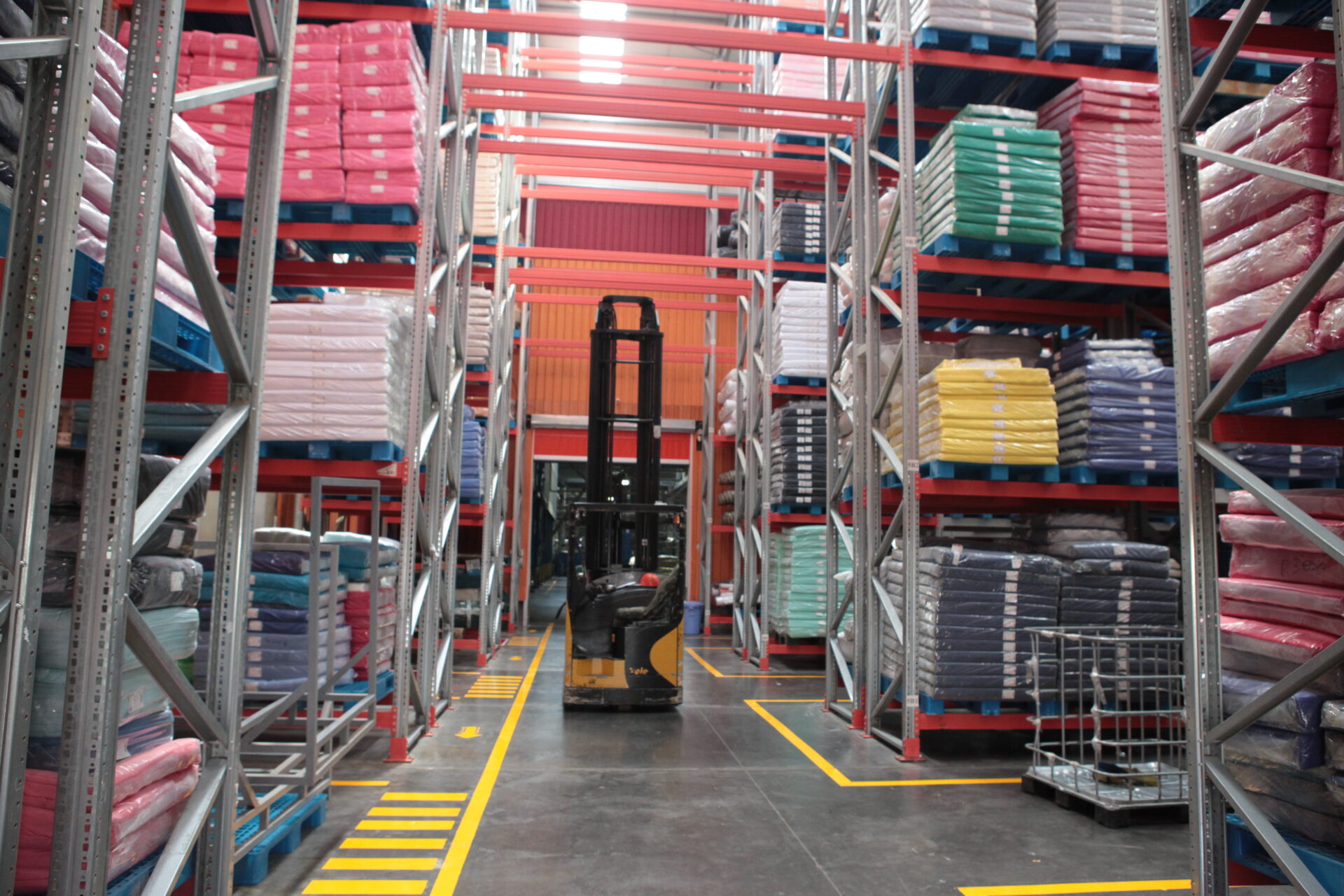For the gradual industry of Uzbekistan, recent years have been marked by radical changes, including a natural revolution in the cotton and textile industry. Qualitative changes that transformed management were launched by the President of the Republic Shavkat Mirziyev and results have already shown the exceptional effectiveness of the strategy he has chosen.
The reform of the industry has become one of the main participants in the new course of development of Uzbekistan, which began in 2016. The implementation of this reform included a change in the economy of Uzbekistan and a reliable foundation was created for sustainable development, which concerns the country for a short period of annual sustainable economic growth and improving the welfare of citizens.
The textile industry is the second largest manufacturing industry in Uzbekistan, represented by more than 7,000 textile enterprises, with export international technologies and a value chain from fiber production to finished products, inflated budget revenues, attracting foreign investment, high employment and a level of priorities. their welfare. An industry that has grown several times over the past few years and is expected to be worth $4.3 in exports by the end of 2022, with a fully transparent production chain capable of converting 100% of the harvested cotton into the highest quality textile products.
So what makes us different? Fully transparent value creation structure. The location of Uzbekistan is a recognized competitive advantage, we export both between Asia and Europe.
On April 10, 2021, Uzbekistan received the status of a GSP + beneficiary, this status applies to 0% when exporting to EU countries, we also have a Free Trade Zone. Uzbekistan has excellent cotton (including organic).
The beginning of 2022 was marked for Uzbekistan, and in particular for the textile sector, by the end of the long-term "cotton boycott" - a natural consequence of the large-scale reforms initiated by the president in the cotton and textile industry. According to international organizations, foreign publications, brands and retailers, this event should become a new turning point in the history of the country and lead to further qualitative development of the industry, the opening of new areas of cooperation and markets, which in turn will lead to an increase in exports and improve the economic background of the country.
Several factors are driving the growth of this industry. The main one is state support, which significantly contributes to the significant growth of the industry. It provides tax and customs benefits, preferences in the form of exemption from income tax, property tax, from a single tax payment for microfirms and small businesses, customs payments for imported equipment, components, raw materials and materials not produced in the republic etc.
The next most effective factor is the introduction of a cluster form of management, which allows you to create a single production chain from raw materials to finished products.
The transition to the cluster model in a short period of time was marked by an accelerated increase in the production of textiles and clothing: over four years it increased in nominal terms by 2.8 times, and the share of the textile industry in the country's total industrial production increased from 7.5% in 2016 to 12.4% - in 2020, which indicates its outstripping development relative to other sectors of the economy.
And another important driver that contributes to the qualitative development of the textile industry is the introduction of international standards ISO-9001 and ISO-50001 at more than 1000 domestic enterprises.
The introduction of international standards for textile enterprises stimulates the development of trade relations between countries, removing barriers to international trade, and has a positive effect on the evolution of business in the framework of improving the management and control system. An increase in the number of enterprises that have received international standards leads to a positive impact on labour protection, the environment, more economical use of raw materials and energy resources, regulation of requirements for storage, packaging, labelling, and transportation of products.
Sustainability and Green Economy: Drivers for Further Development
At present, to become one of the largest cotton producers in the world and become a successful textile centre, Uzbekistan must play in all directions. In this regard, our biggest achievement is the sustainability, traceable value chain and cyclicality of the cotton textile industry.
Progress in traceability and circularity is in line with the advancement of “best practices” that key players in the global textile and apparel industry are successfully implementing. Since 2017, the main role in Uzbekistan has been played by the practical achievement of sustainable production mechanisms by creating a fundamentally new unique model of clusters, where the cycle begins with the cultivation of cotton and ends with the production of clothing. True sustainability in clusters allows textile mills to provide quality and quantity at a fixed (predictable) price.
In the textile sector of Uzbekistan, there are a number of opportunities for a closed cycle in environmental, economic and social terms. First, the cyclical nature of the textile industry reduces the amount of hazardous waste, which is an important factor in the global market. This also increases the attractiveness of Uzbek textile products, especially in the European market.
From an economic point of view, importing used textiles, which are easy to repair and recycle, into Uzbekistan will increase the profitability of enterprises and provide economic diversification, and the total number of jobs in the industry will be increased.
Direct action has been taken to introduce cotton regeneration, the recycling of household waste into various materials after use. Along with this, the textile industry has made significant progress in innovation in the field of recycled water supply, renewable sources, which is not only rational and cost-effective, but perhaps the only right way to become a "green" country in all respects. Uzbekistan, with its climatic conditions and geographical position, with warm sunshine all year round, has a huge potential in this area.
Currently, in Uzbekistan, together with European international organizations, work is underway to improve the quality of textile products. Particular attention is paid to the implementation of European standards, which serve to increase the export of textiles to the EU market.
Work is underway to promote the Global Recycling Standard (GRS), which helps reduce environmental impact, develop environmentally friendly alternatives for disposal, recycling and use of industrial waste as secondary raw materials for further exploitation.
So, in March 2022, within the framework of the Tashkent International Investment Forum, an agreement on cooperation in the development of the ESG strategy was signed between the Uztekstilprom Association and the United Nations Economic Commission for Europe (UNECE). The International Trade Center (ITC), and the Uztekstilprom Association entered The Sustainability Pledge, a single platform that empowers governments, industry, and all other relevant stakeholders to move towards sustainability and tie business models to responsible business practices, thereby having a positive impact on the global economy and the environment.
The goals of the ESG (Environmental, Social, and Corporate Governance) strategy are aimed at developing environmental, social and business ethics management systems, providing opportunities for improving environmental and social risk management, including certification according to the best international standards. As part of its implementation, it is planned to create an independent textile testing laboratory for testing sustainable and safe textile materials.
Promoted by The Uzbekistan Textile and Garment Industry Association



